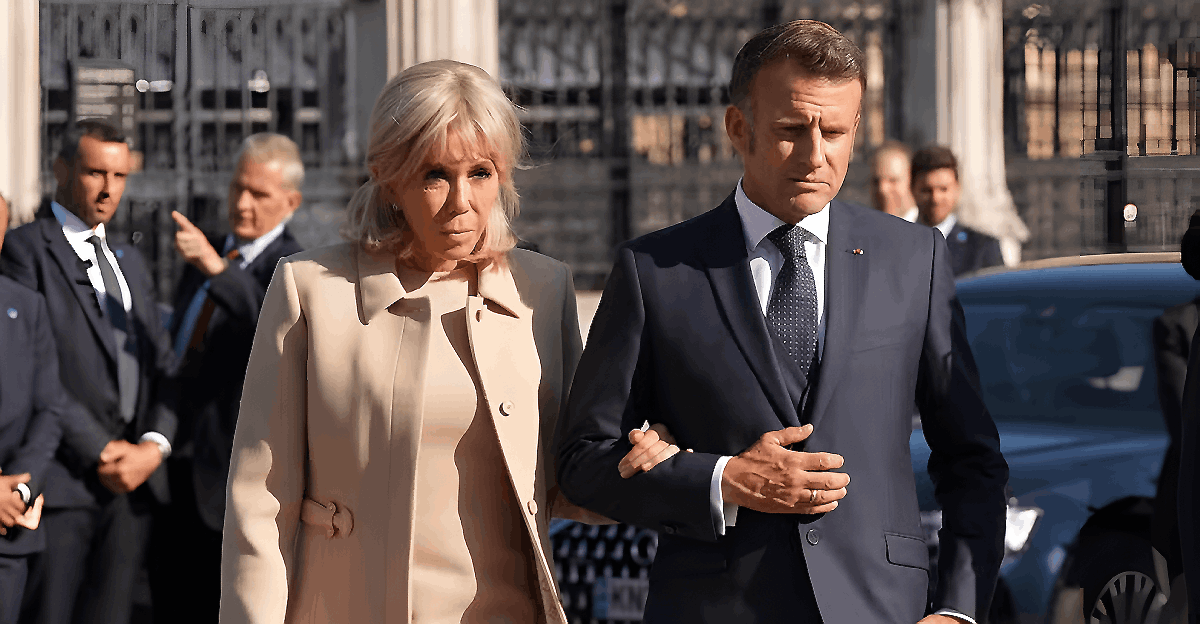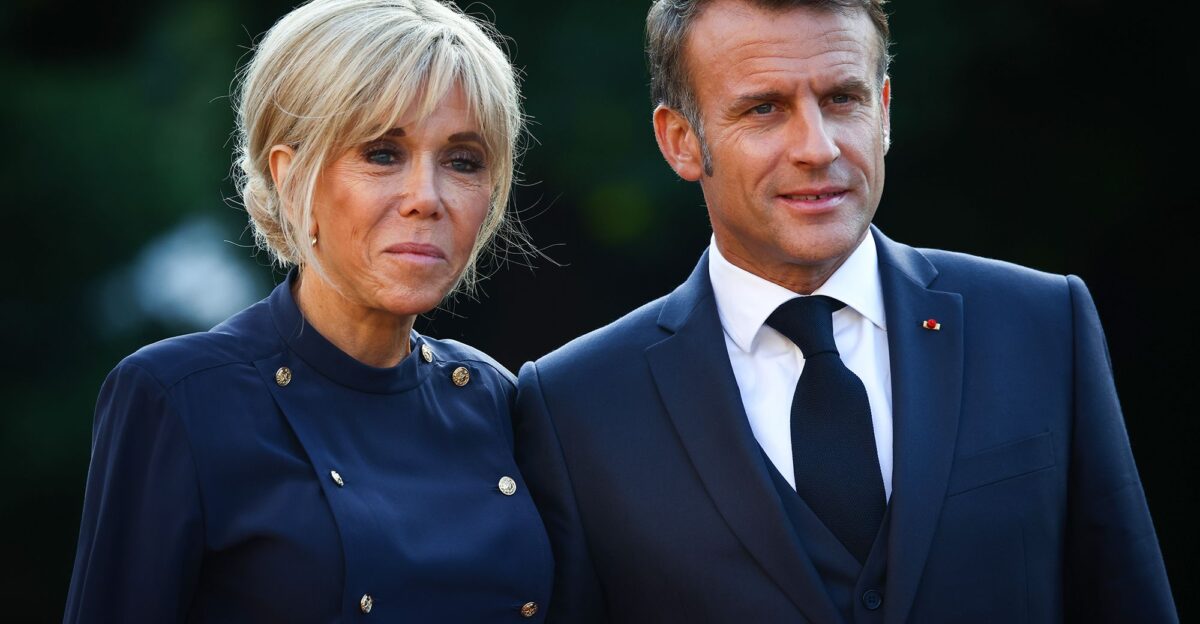
French President Emmanuel Macron and his wife, Brigitte Macron, have launched a high-profile legal battle in the US. In July 2025, the couple filed a 22-count defamation suit in a Delaware court. They want to shut down false rumors.
They directly accuse US far-right influencer Candace Owens of spreading lies to millions online. Throughout this saga, the Macrons have pushed for accountability instead of silence. They vow to back up every claim with hard evidence and reject all speculation about Brigitte’s gender.
The Case and Its Origins

Allegations against Brigitte Macron began circulating on French social media as early as 2021. Quickly, they jumped to English-language platforms and “transvestigation” influencers. These false claims pointedly claim Brigitte was born “Jean-Michel Trogneux,” her brother’s name, and transitioned into her public identity.
Candace Owens helped propel these rumors into American discourse, repeating them on her channels in 2024 and early 2025. Rather than ignore the situation, the Macrons decided to fight back in court.
The suit details emotional and reputational harm. “These lies are devastating,” Brigitte explained through her spokesperson. The Macrons believe the accusations cause lasting trauma and threaten the stability of those targeted.
In response, their legal team, led by Tom Clare, declared, “She is 100% ready to meet that burden.” The Macrons say they will provide photos from Brigitte’s pregnancies, medical records, and expert testimony.
Owens strongly contests the suit. She filed a motion to dismiss, challenging Delaware’s jurisdiction and framing the battle as an attack on free speech. She stands by her right to air controversial opinions.
However, President Macron responded clearly: “This is about defending my honour! This is someone who knew full well that she had false information and did so with the aim of causing harm.” The court scheduled hearings for October.
Impact and Broader Implications

The Macrons’ campaign could force courts to set tighter standards for digital accusations. Many legal experts believe the Delaware case could shape how American judges address online defamation, especially when targeting global figures.
In a related French case, courts overturned defamation convictions this year but acknowledged the seriousness of such claims.
Supporters see this legal fight as a way to empower victims and push for fact-based digital conversations. They hope courts will demand proof, not rumor. Critics worry about chill on speech and the possible constraints on robust online debate.
As the battle unfolds, legal analysts such as Sébastien Massard argue, “Global public figures are no longer insulated from US digital rumor mills.” The Macrons’ case reminds audiences that courts can play a crucial role in shaping public standards.
Observers across Europe and North America eagerly track the court’s next moves. The outcome may redefine privacy, evidence, and responsibility for free speech in digital spaces. Every new step in Delaware draws global interest, as the Macrons challenge digital rumor head-on and force society to question the limits of online speech.